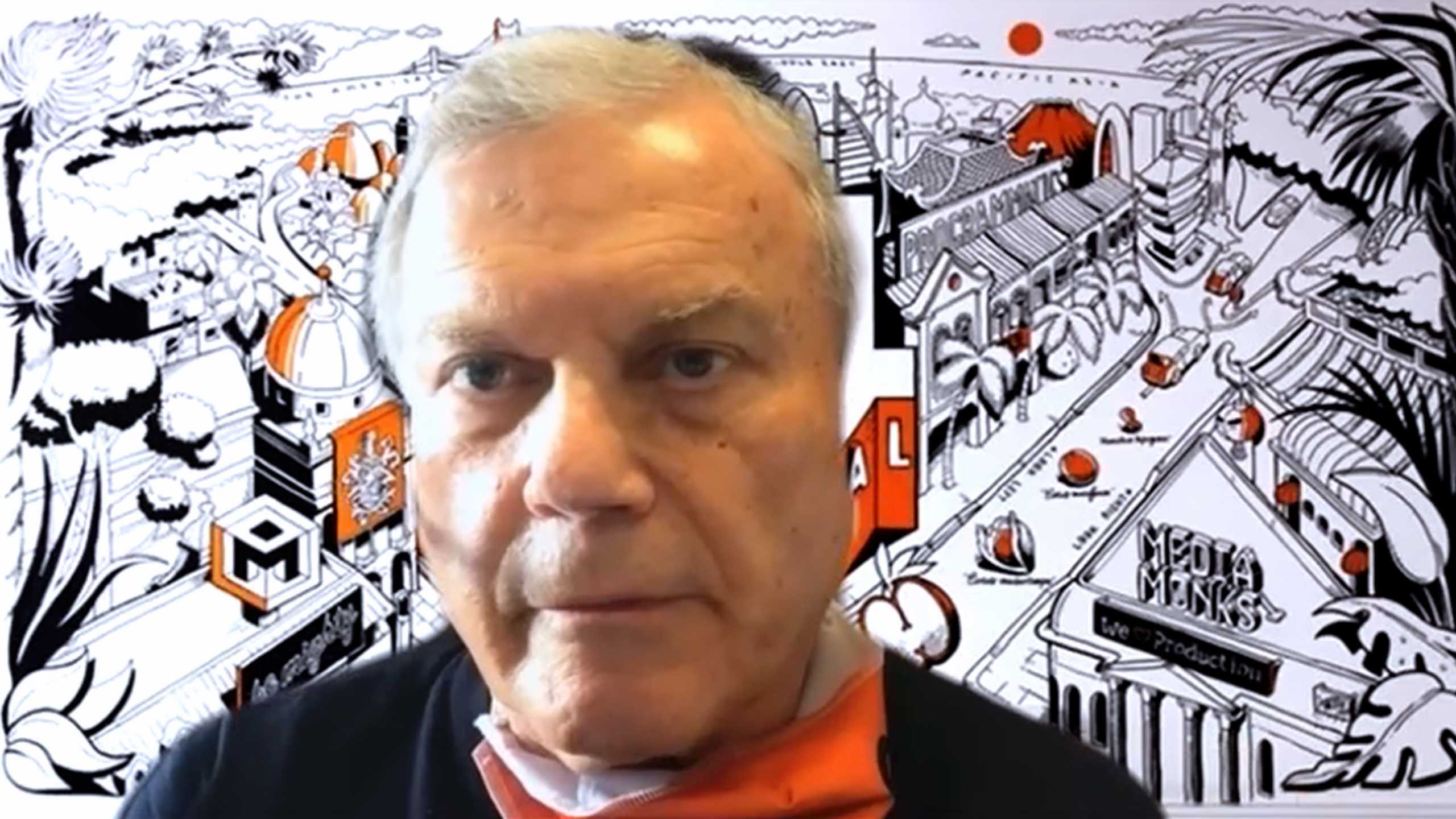
Structuring Acquisitions
Founder of WPP and Founder, Executive Chairman S4 Capital
inpractise.com/articles/structuring-acq
Why is this interview interesting?
- Why rolling the equity into the parent company aligns incentives versus traditional earn-out agreements
Sir Martin Sorrell
Founder of WPP and Founder, Executive Chairman S4 Capital
Interview Transcript
Going back to the point you made on rolling the equity and structuring these deals, why don’t you use debt instead of partly cash? Isn’t it more efficient?
Risk. Why did we raise 130 million in July? We didn’t need the money immediately, but I just felt that it was too risky to take on debt. There was another reason as well; we wanted a bit more flexibility. In merger negotiations, it’s good to have the money in the bank, so that you don’t have to go to shareholders, and you can do deals quickly and effectively. If you look at our competition, the holding companies are not in the market at all. They’re talking, like WPP and others, about getting into the market, but we’ll see what they actually end up doing. In terms of selling companies, you don’t want people who want to sell companies and do earn outs. You want people who are going to commit to the mission.
There is a missionary zeal here. We want to build that new model and we want to aggressively take down the existing models.
To tap into the emotional side of people you hire?
There’s a passion for this that is extremely important.
It’s important to have a villain?
It’s important to have a target, that’s for sure.
My question is also around how much leverage these businesses could take because they are so cash generative with low operating leverage.
Copyright Notice
This document may not be reproduced, distributed, or transmitted in any form or by any means including resale of any part, unauthorised distribution to a third party or other electronic methods, without the prior written permission of IP 1 Ltd.
IP 1 Ltd, trading as In Practise (herein referred to as "IP") is a company registered in England and Wales and is not a registered investment advisor or broker-dealer, and is not licensed nor qualified to provide investment advice.
In Practise reserves all copyright, intellectual and other property rights in the Content. The information published in this transcript (“Content”) is for information purposes only and should not be used as the sole basis for making any investment decision. Information provided by IP is to be used as an educational tool and nothing in this Content shall be construed as an offer, recommendation or solicitation regarding any financial product, service or management of investments or securities.
© 2026 IP 1 Ltd. All rights reserved.


